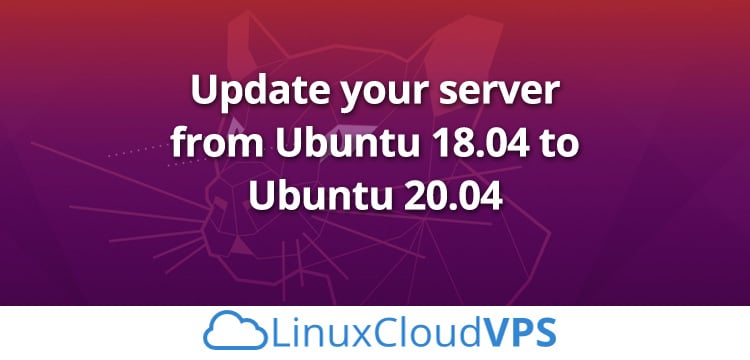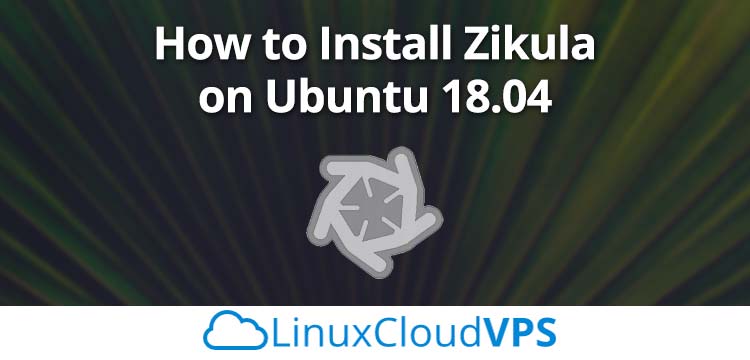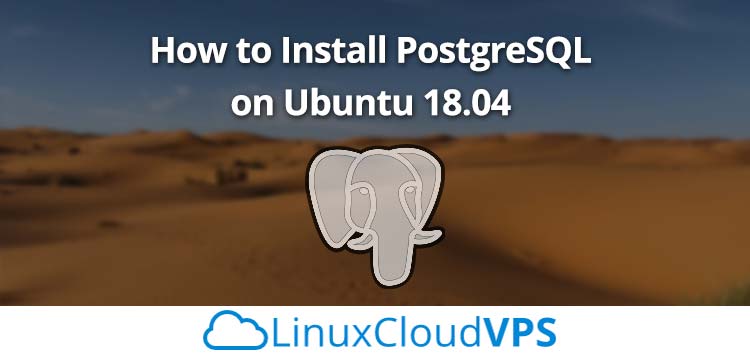OpenSSH is one of the most popular tools that uses SSH protocol for secure system administration, file transfers, and other communication across the Internet. It is free and used by system administrators to manage remote systems. OpenSSH runs on port 22 and it is the first target of a hacker. So you may need to harden your OpenSSH server to protect it from hackers.
How To Install Nagios 4 and Monitor Your Servers on Ubuntu 20.04
Nagios is a free, open-source and powerful monitoring tool that helps you to monitor your entire IT infrastructure, servers, services and applications from the central location. It is based on client-server architecture. So you will need to install the Nagios agent on the client system and add it to the Nagios server for monitoring. If you are looking for a monitoring solution then Nagios is an essential tool for any production server environment.
In this tutorial, we will show you how to install Nagios 4 and monitor your server on Ubuntu 20.04.
How to set up advertisements on the WordPress page and make income?
Starting a website in WordPress is extremely easy. It’s open-source, free, and offers you a myriad of features and functionalities. You can use WordPress to create a unique and feature-rich website that millions can enjoy. But what more you can do with WordPress? Well, you can make an income from it, too.
One of the easiest ways to make money from your WordPress site is by displaying advertisements on your site. It’s super simple – you can use your WordPress website the way you like and your adverts will just sit there making money on the side. Also, it takes very little effort to get started with!
cPanel vs DirectAdmin, Which to Use and Why?
A web control panel can make or break your hosting account experience and server configuration. So, it is important to select the right one. And narrowing down to the two most popular options available i.e., cPanel and DirectAdmin, is very easy. But it is tricky to choose between the two. Especially, with the increase in the price of the cPanel licensing fee, there has been a lot of buzz on the Internet and hosting forums regarding its alternatives. So, in this post, we will compare cPanel and DirectAdmin on key areas to find out which one is good for you. So, let’s get started!
Top WordPress Alternatives
One of the popular names in Content Management System (CMS) is WordPress but WordPress is not the only tool available to build and manage your website, there are other more useful alternatives available in the market.
WordPress is scalable, powerful but it is also a complex software. Despite it offers the flexibility of customization, a wide range of themes and plugins, there are some disadvantages. If you are not technically sound, you will run into problems during the installation of WordPress and at some point, you may feel the need for hiring a developer for security checks and maintenance of your WordPress site. In order to avoid such situations, the article offers you a list of alternative tools.
How to update your server from Ubuntu 18.04 to Ubuntu 20.04
Upgrading your Ubuntu version from one version to the latest version is one of the best features of Ubuntu. It is always recommended to upgrade your current Ubuntu version regularly in order to benefits from the latest security patches. You will get several benefit including, the latest software, new security patches and upgraded technology with a new version.
As of now, Ubuntu 20.04 LTS is the latest Ubuntu version and you will keep getting updates and support till April 2025.
How to Install Zikula on Ubuntu 18.04

Zikula is Free Open Source Software (FOSS) that allows users to build anything from simple one-page websites to complex and powerful web applications. Zikula is pretty easy to install and use.
In this tutorial we will show you how to install Zikula and all necessary dependencies on an Ubuntu 18.04 Cloud VPS.
How to Install and Configure Redis on Debian 9
Redis can be used as a key-value database or also as a cache and message broker. Some of Redis’ features are built-in transactions, replication, and support for a variety of data structures like strings, hashes, lists, sets, and so on. The Redis Sentinel makes Redis highly available and it supports automatic partitioning with Redis Cluster.

The Redis package which comes with the built in Debian repositories is pretty outdated and contains many vulnerabilities when it comes to security. To fix this in this guide, we are going to use the source version to install Redis. At the moment when this was written, the latest stable version of Redis was 4.0.10. The installation process of Redis on a Debian 9 Cloud VPS is a fairly easy task, but you have to follow the steps carefully as they are given in the tutorial below. Now let’s begin with the installation.
How to Install PostgreSQL on Ubuntu 18.04
In this tutorial, we will show you how to install PostgreSQL 11 on an Ubuntu 18.04 Cloud VPS. PostgreSQL is an open-source and general purpose object-relational database management system (ORDBMS).

The latest version of PostgreSQL, PostgreSQL 11, focuses on performance improvements. It comes packed with several advanced features and enhancements which include:
- Enhanced Capabilities for Query Parallelism which allows faster query execution
- Just-in-Time (JIT) compilation of SQL Statements
- Automatic index creation
- Advanced partitioning features
- Other performance improvements, like command line improvements, improved statistics and more…
Let’s start installing.
How to Install Roadiz CMS on Ubuntu 18.04
In this blog post, we will show you how to install Roadiz CMS on an Ubuntu 18.04 Cloud VPS.
“A modern content management system” – according to the developers and maintainers of Roadiz CMS, this is what their platform was designed and developed for. Based on a polymorphic node system, they say that this architecture can provide a new and different user experience.

Roadiz’s advanced theming system is built to be processed independently from the back-office (the editor backend) providing hassle-free switching of multiple themes. Basically, it allows users to create one theme for your desktop website and another one for your mobile with the same node hierarchy, plus a separate theme for your writers and editors.
The Roadiz CMS is developed using PHP with Composer, and it supports both Apache and Nginx web servers. For the database, it is compatible with MySQL, MariaDB and PostgreSQL database systems. The Roadiz CMS source code is released under the MIT license, and is available on GitHub. Let’s start with the installation.










